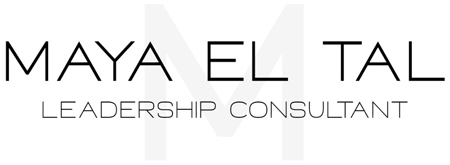Maintaining an organization’s performance and growth, is essential to its success. The ability of a leader to appropriately respond to opportunities for growth and performance improvement is one of the crucial roles that a leader plays. It is the responsibility of a leader to develop the knowledge, skills, and mentality suitable to sustain optimal performance and to ensure that employees are continuously working toward the growth and betterment of the organization
A performance and growth-oriented culture can only be achieved by implementing processes that enhance and maintain a focus on high performance. Leaders of such a culture are exceptional in their ability to maintain clarity of and alignment of the organization’s strategic goals and employee performance. They must also possess the ability to strive for improvement and instill a sense of personal accountability.
The basis of optimal performance starts with the inception of a performance mindset and self-management strategy. Communication skills that encourage motivation are essential in ensuring a high performance culture. Leaders must demonstrate appropriate communication skills and serve as role models of positive performance-related behaviors. Emotional and social intelligence come greatly into play in here; leaders must work to develop and strengthen their empathy and influencing skills.
Leaders often do not realize the extent to which their own attitude and performance can impact workplace environment and consequently employee performance. Ergo, a leader’s ability to create high-performance teams is crucial to the growth and development of the organization. They must possess the ability to extract the best out of their employee and to maximize their team’s performance. Leaders must work toward creating a performance culture through a cultivation of an environment that encourages openness and honesty, builds trust, engages in effective communication, and encourages constructive conflict.

